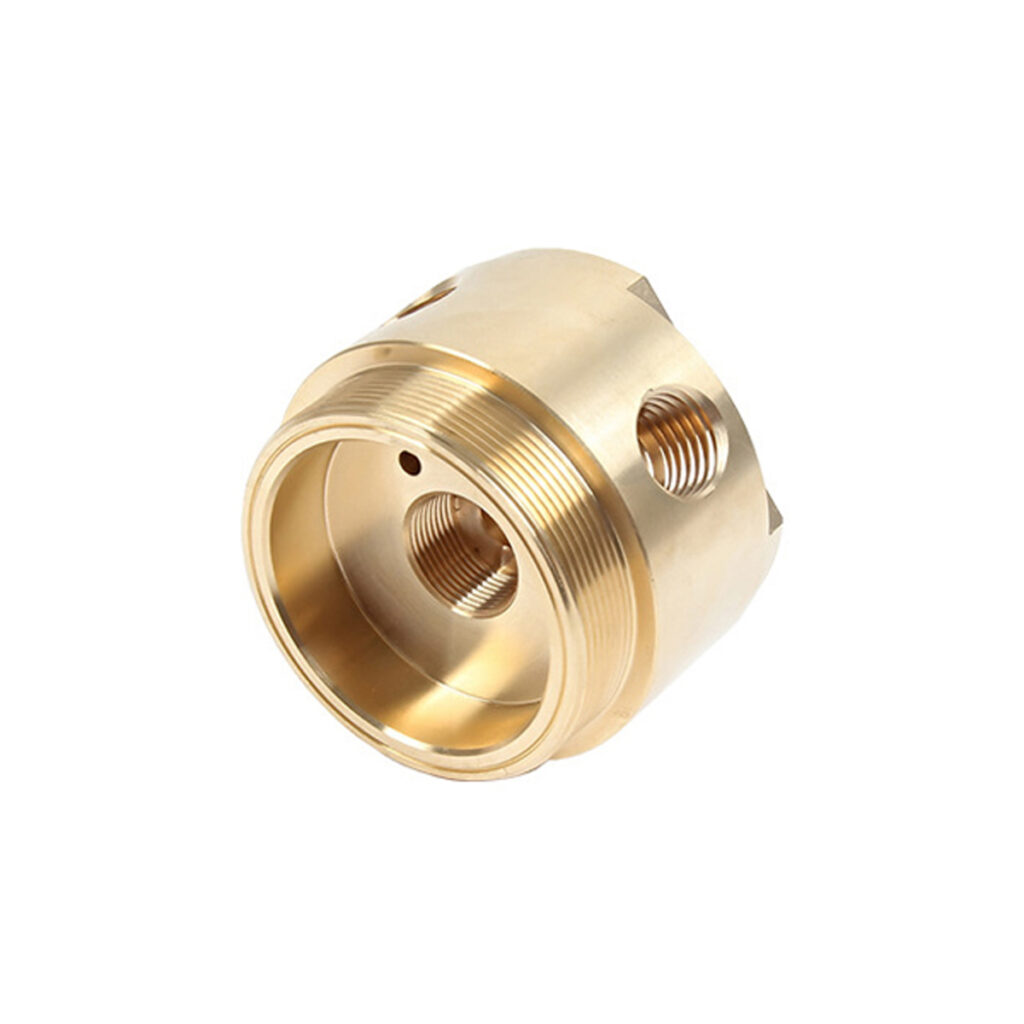Introduction
Transitioning from prototyping to mass production in metal stamping is fraught with hidden pitfalls that can derail projects, inflate costs, and compromise quality. After producing over 5,000 stamping dies for clients in automotive, electronics, and medical industries, we’ve identified the 5 most catastrophic—yet preventable—mistakes that engineers and buyers make.
This guide reveals:
✔ Real-world case studies from failed projects
✔ Cost-saving design principles for DFM (Design for Manufacturing)
✔ Practical solutions to avoid delays and defects
Mistake #1: Ignoring Material Grain Direction in Blanking
The Problem
- 50% of early tool failures stem from incorrect grain orientation
- Causes:
- Fractured edges during blanking
- Uneven deformation in subsequent bends
Case Study: Automotive Bracket Failure
A Tier 1 supplier scrapped 12,000 parts due to cracking at 90° bends. Root cause:
▶ Material grain ran parallel to bend line (should be perpendicular)
▶ Cost impact: $38,000 in rework + 3-week delay
Solution
- DFM Rule: Always specify grain direction in drawings (ASTM E1268)
- Advanced Tip: Use circle grid analysis to predict formability
Mistake #2: Underestimating Springback in High-Strength Steels
The Problem
Springback distortion increases exponentially with material strength:
| Material | Yield Strength (MPa) | Typical Springback Angle |
|---|---|---|
| Mild Steel | 210 | 1-2° |
| DP600 | 600 | 5-8° |
| Martensitic Steel | 1500 | 12-15° |
Costly Consequences
- Post-stamping straightening adds $0.25-$1.50/part
- Tool rework costs $5,000-$20,000 per die set
Solution
- Compensation Methods:
- Overbending (2-5° beyond target)
- Stress-relief features (micro-ribs)
- Simulation Tools:
- AutoForm® predicts springback with 92% accuracy
Mistake #3: Poor Progressive Die Layout Planning
The Problem
Inefficient strip layouts waste material and reduce tool life:
| Layout Type | Material Utilization | Die Life (strokes) |
|---|---|---|
| Conventional | 45-55% | 500,000 |
| Optimized | 68-75% | 1,200,000 |
Case Example: Electrical Contact Strips
- Initial design: 52% utilization → $28,000/year material waste
- After redesign: 71% utilization using AI nesting software
Solution
- Follow These Strip Layout Rules:
✅ Minimum 2x material thickness between parts
✅ Shear angles ≤30° for clean cuts
✅ Pilot holes within 0.05mm positional accuracy
Mistake #4: Overlooking Lubrication Requirements
The Problem
Inadequate lubrication causes:
- Gallling (material transfer to dies)
- Burrs exceeding 0.1mm
- 30% shorter tool life
Lubricant Selection Guide
| Operation | Recommended Lubricant | Viscosity |
|---|---|---|
| Blanking | Chlorinated oil | 80-100 SUS |
| Deep Drawing | Polyalkylene glycol | 120-150 SUS |
| High-Speed | Dry film lubricant | N/A |
Best Practice
- Automated spraying systems ensure consistent coverage
- Tribology testing identifies optimal lubricant-pressure combinations
Mistake #5: Skipping Pilot Production Validation
The Horror Story
A medical device company rushed to mass production:
- Result: 8% of parts failed leak tests
- Root Cause: Undetected micro-cracks from improper die clearance
- Financial Impact: $220,000 recall + FDA audit
The Solution: 3-Stage Validation
- Soft Tooling Trial (500-1,000pcs)
- Checks formability and basic dimensions
- Hard Tool Sampling (5,000pcs)
- Validates tool life and stability
- Process Capability Study (CPK ≥1.67)
- Confirms ±4σ production consistency



2 Responses
Bonus: Our Metal Stamping Success Formula
Pre-Production Checklist
✔ Material Certifications (Mill test reports)
✔ Die Simulation Report (Forming limit diagrams)
✔ SPC Plan (Critical dimensions identified)
Why Choose Us?
✅ Class 10 Cleanroom Stamping for medical parts
✅ In-House Tooling Shop (60-day lead time guarantee)
✅ Zero-Defect Launch Program for automotive clients
Free Stamping DFM Audit: Send your drawings for a 13-point manufacturability review.